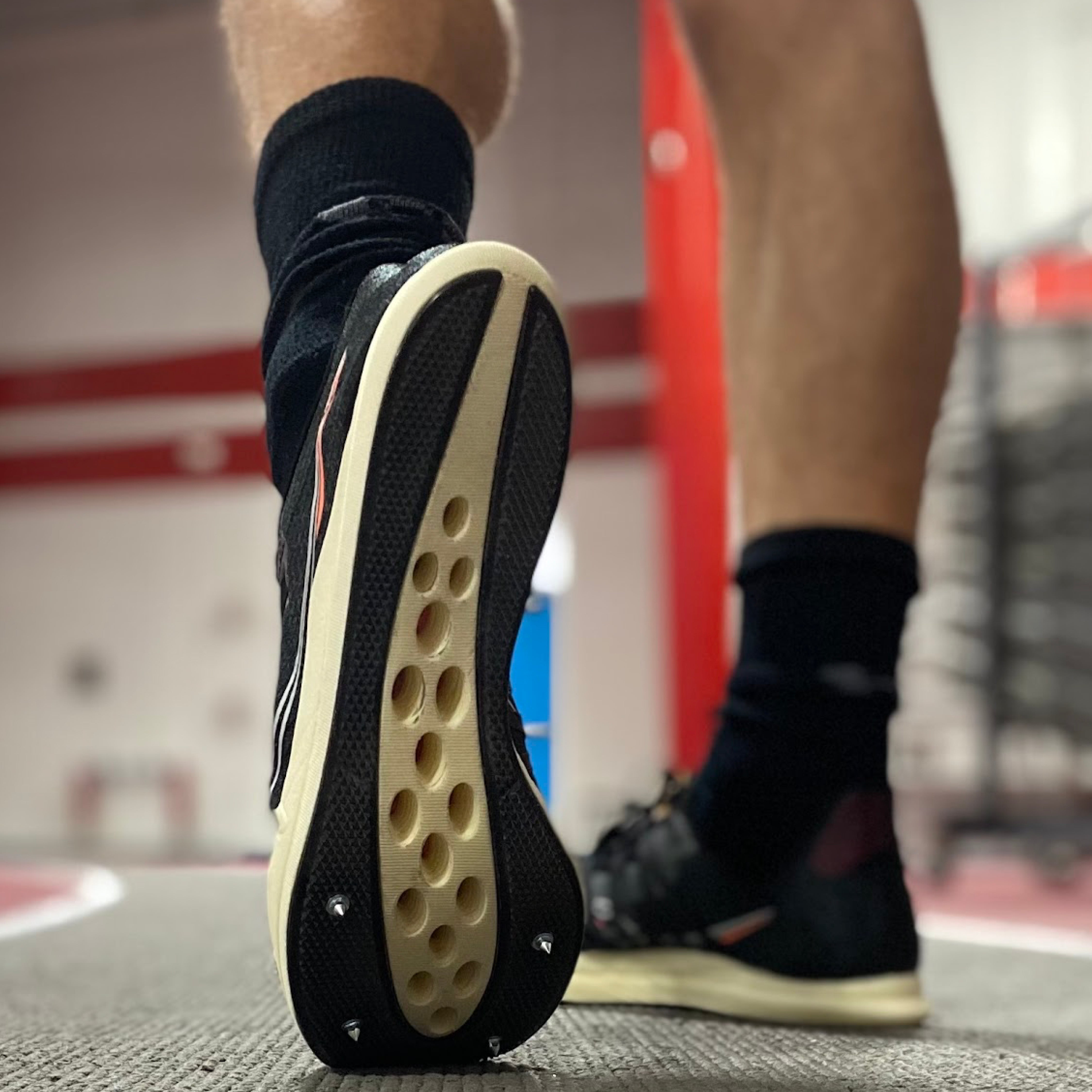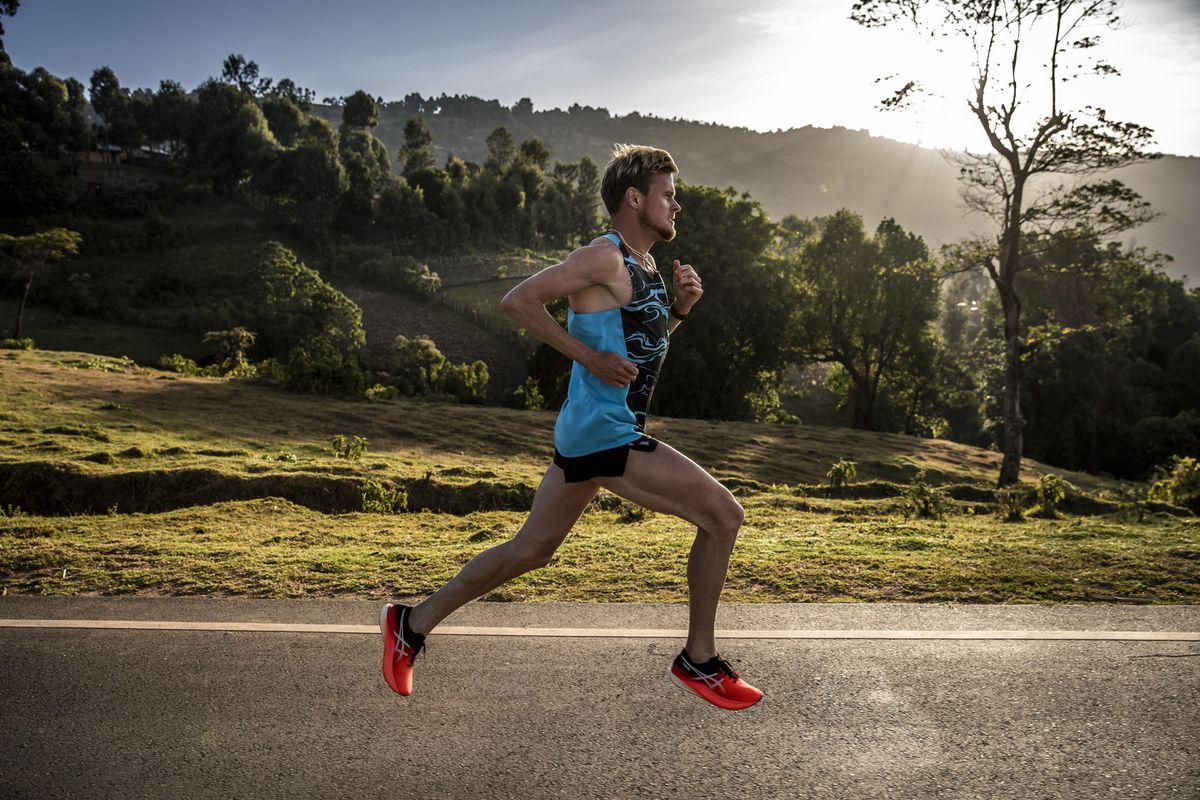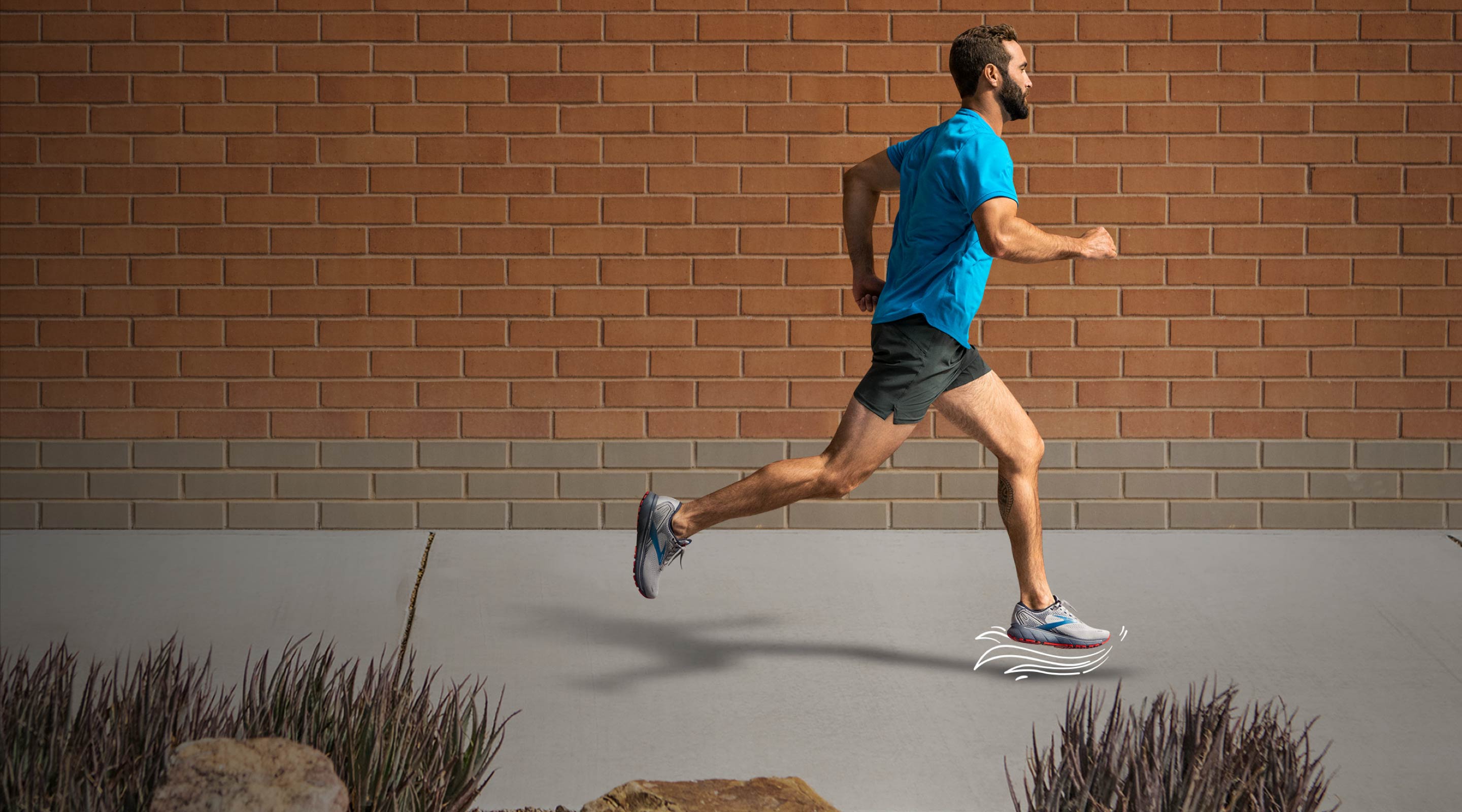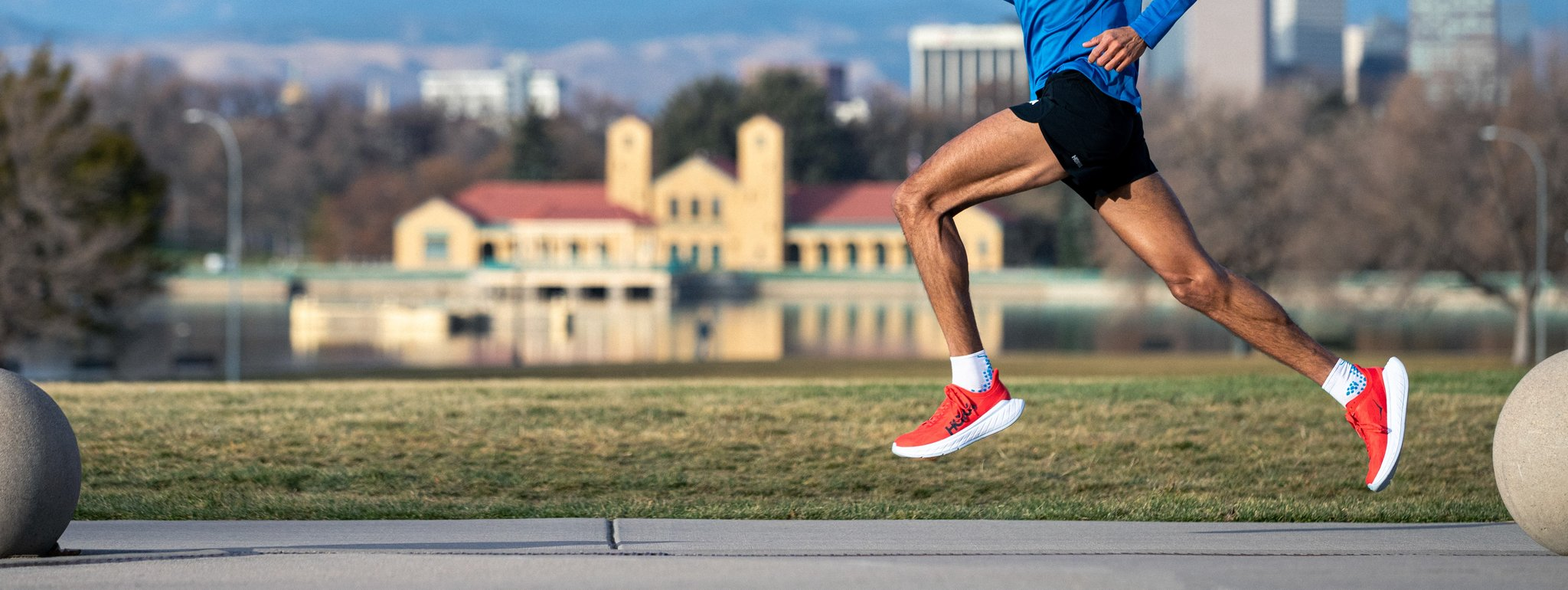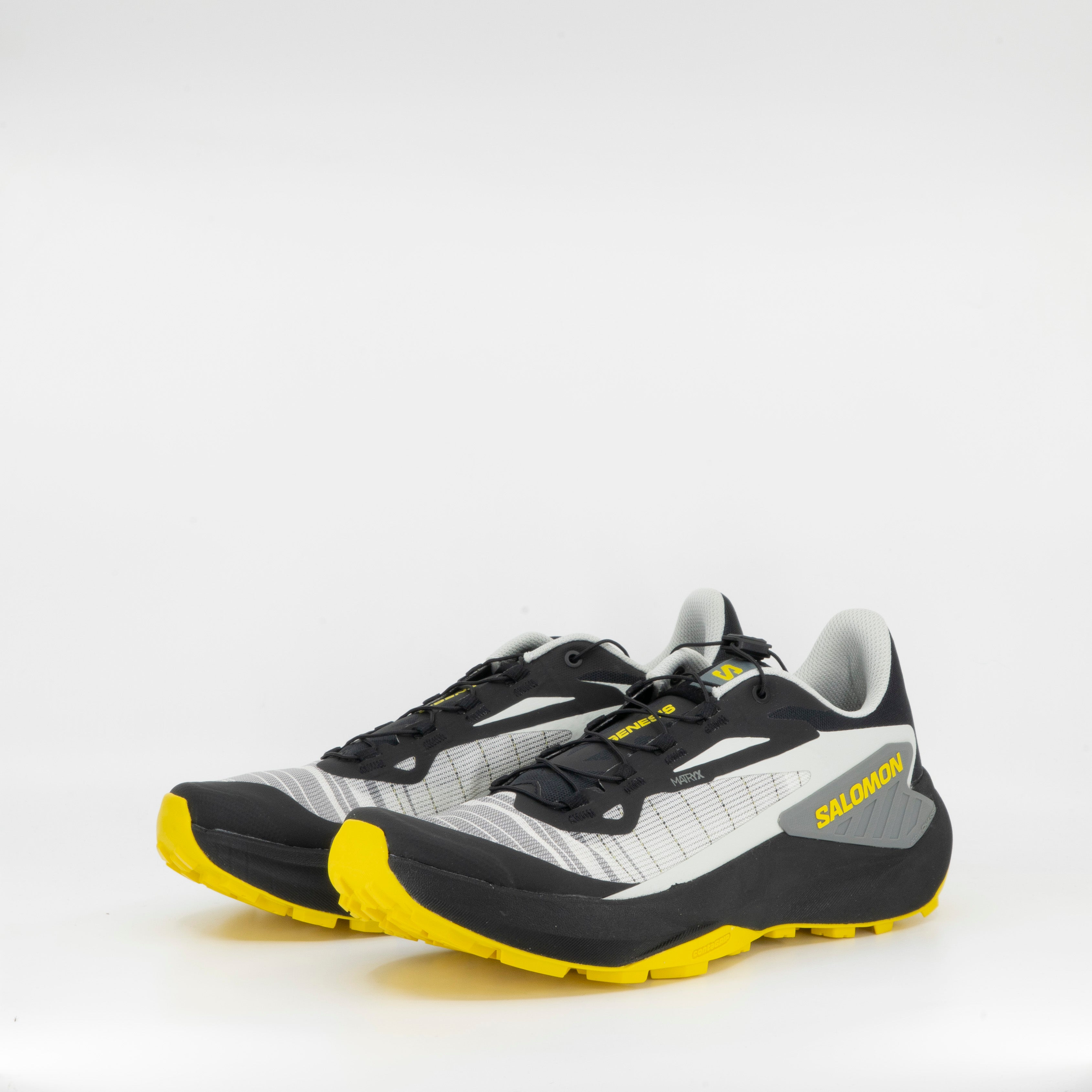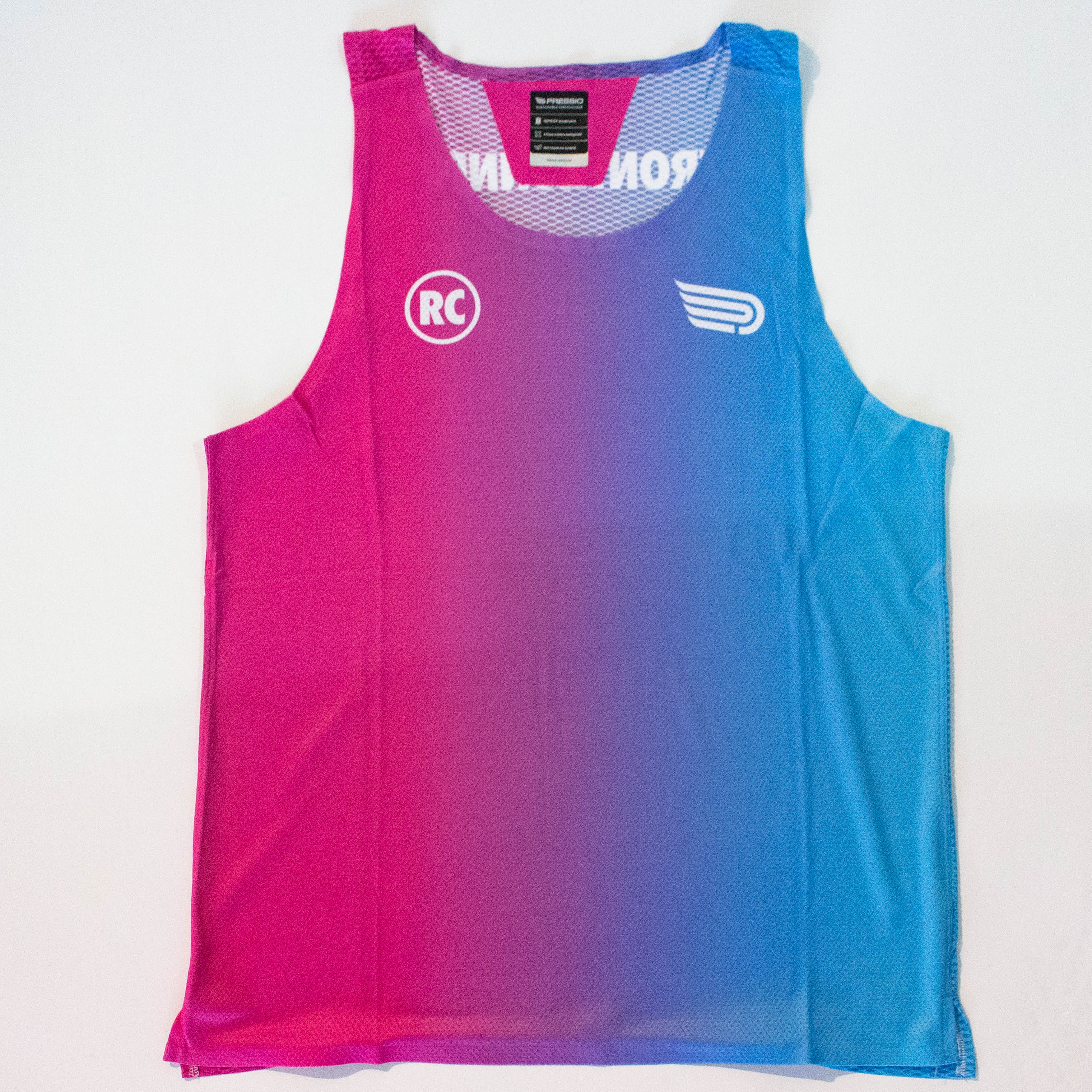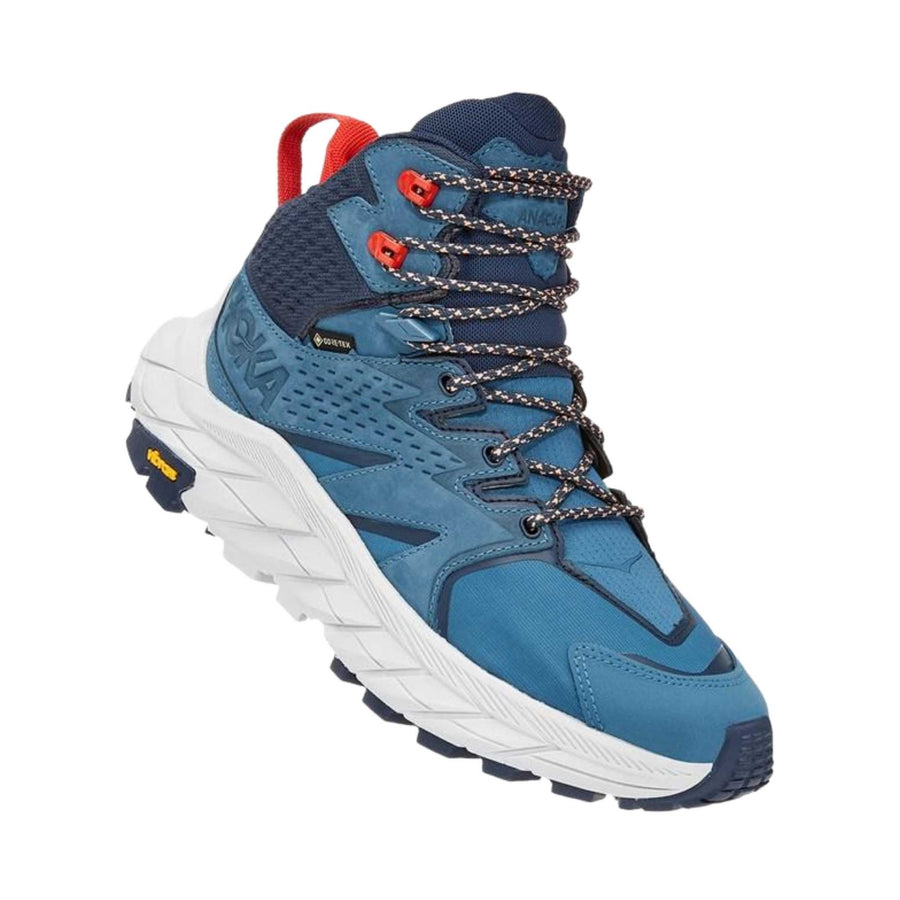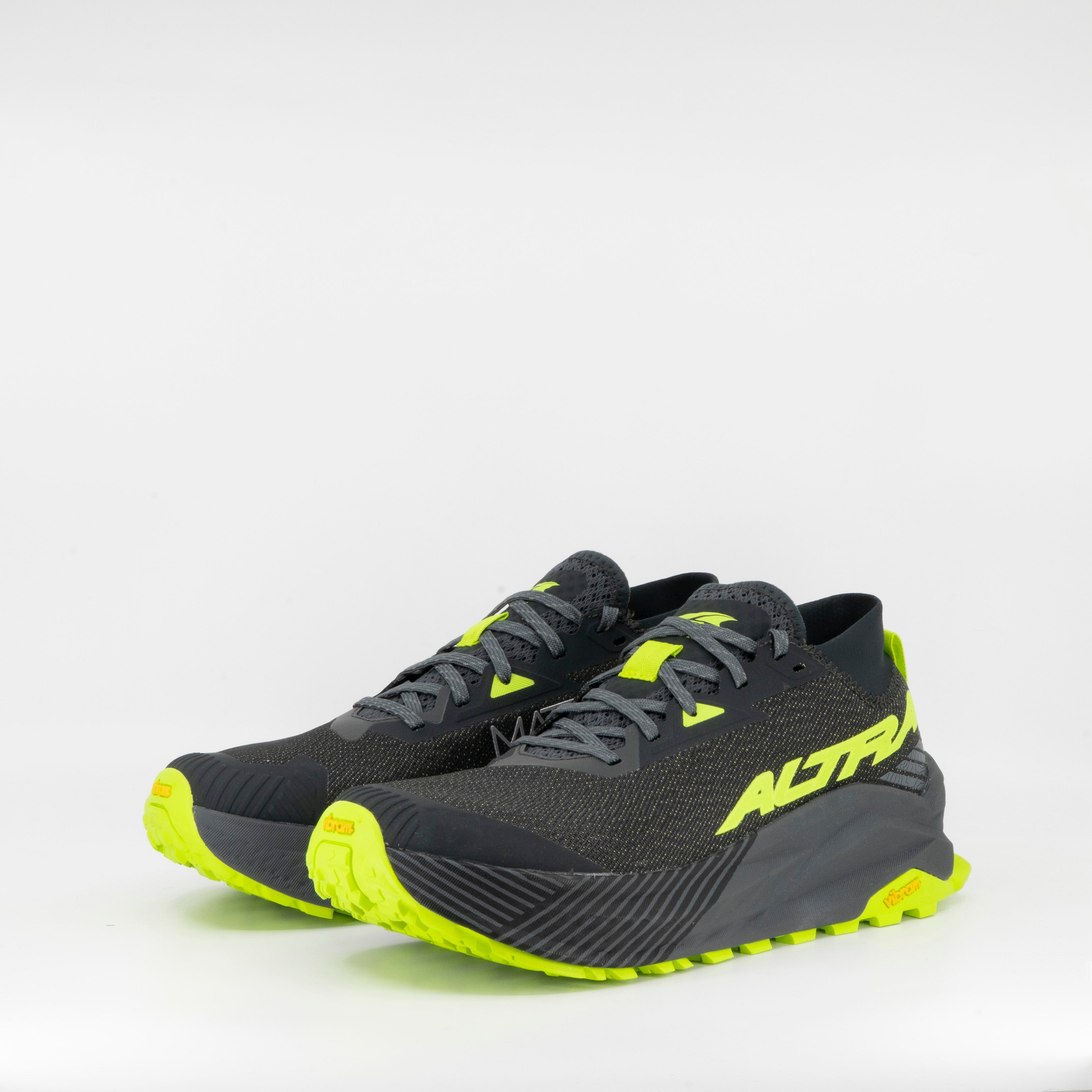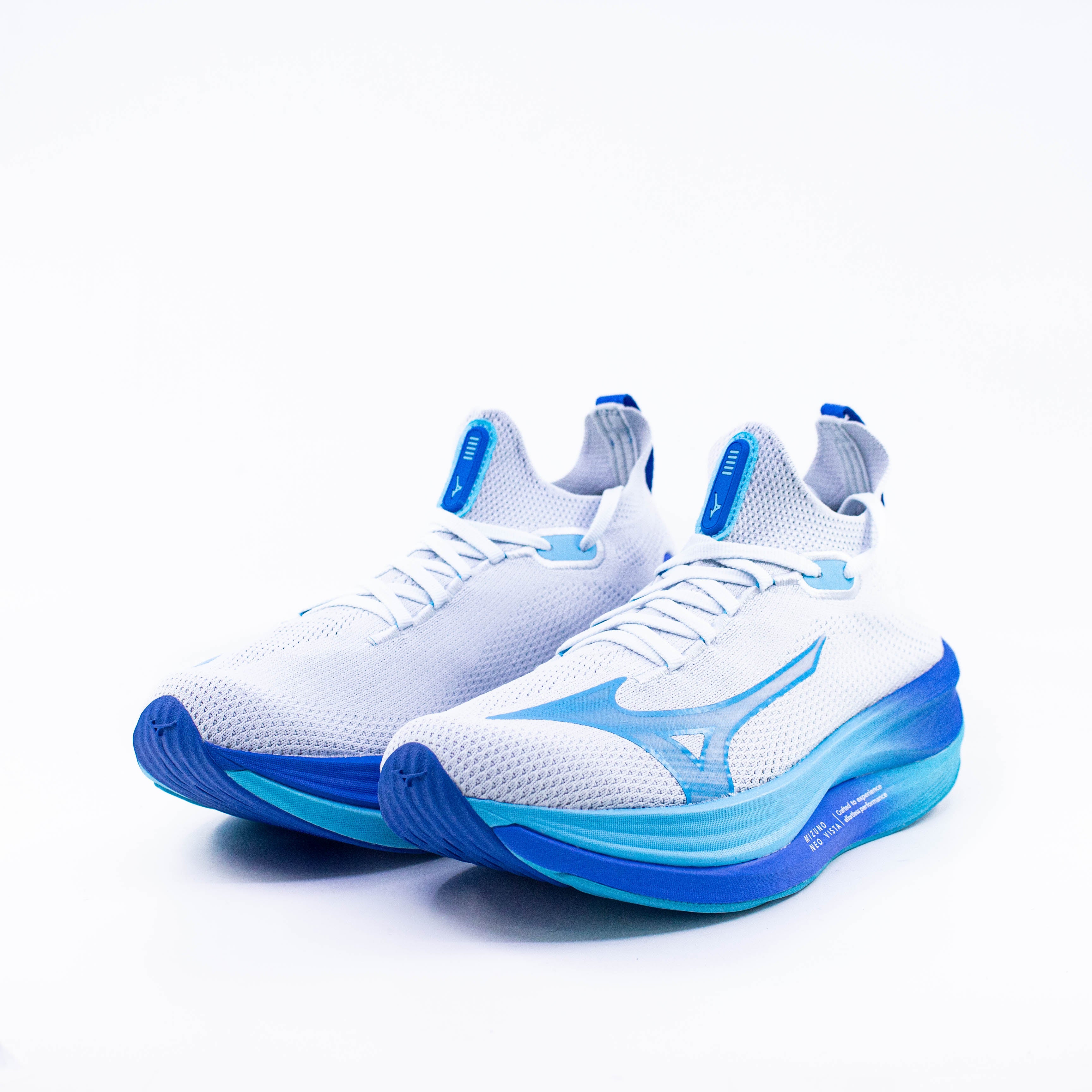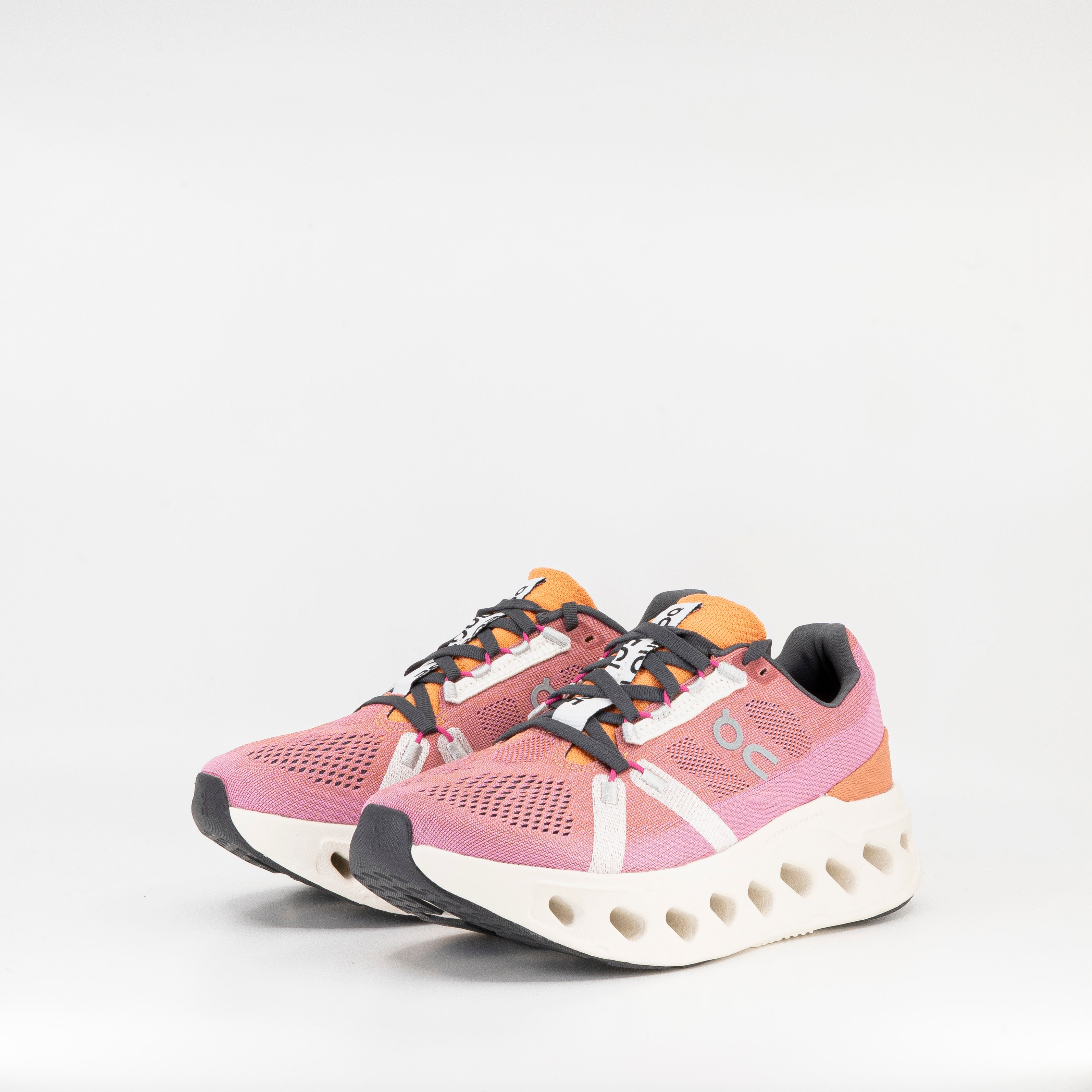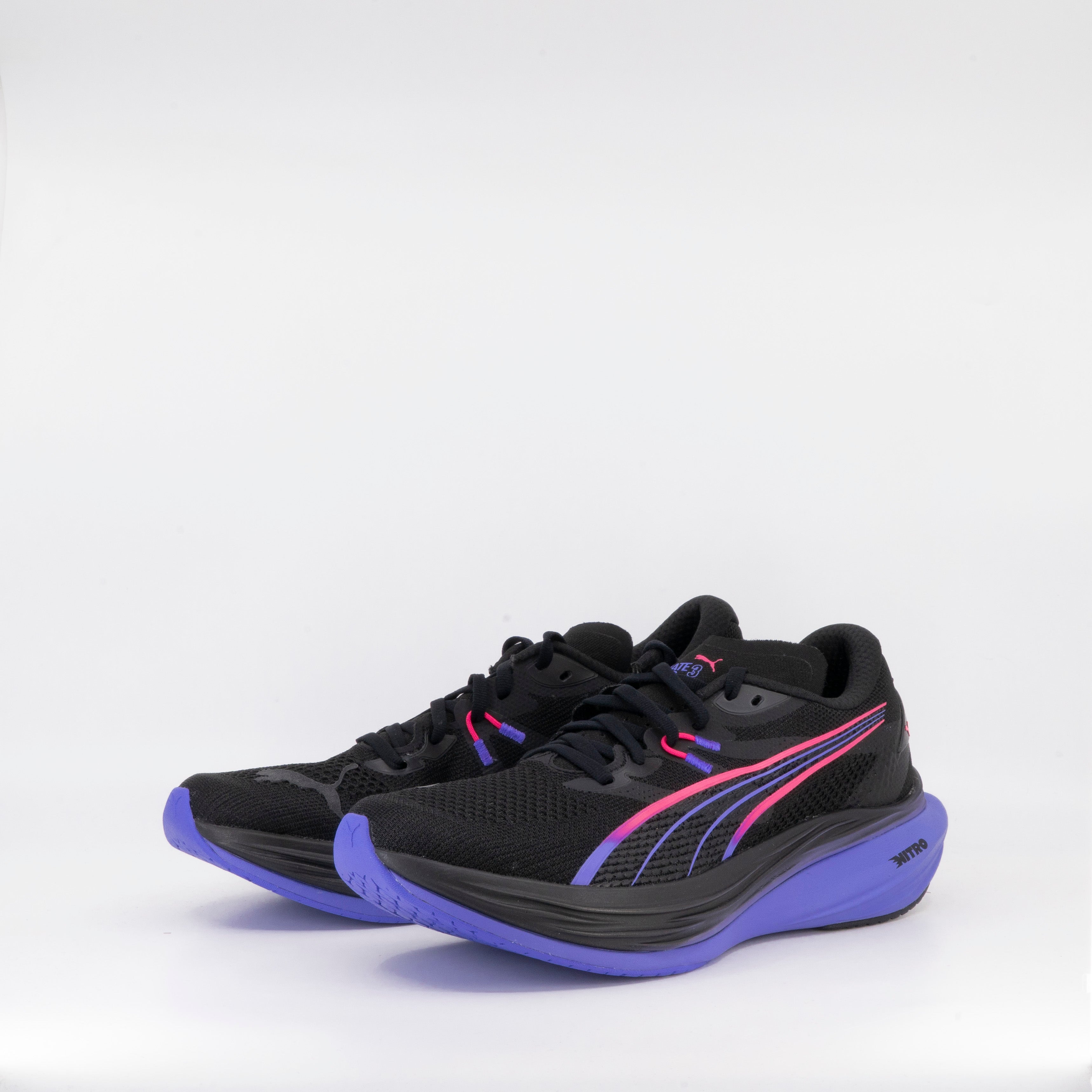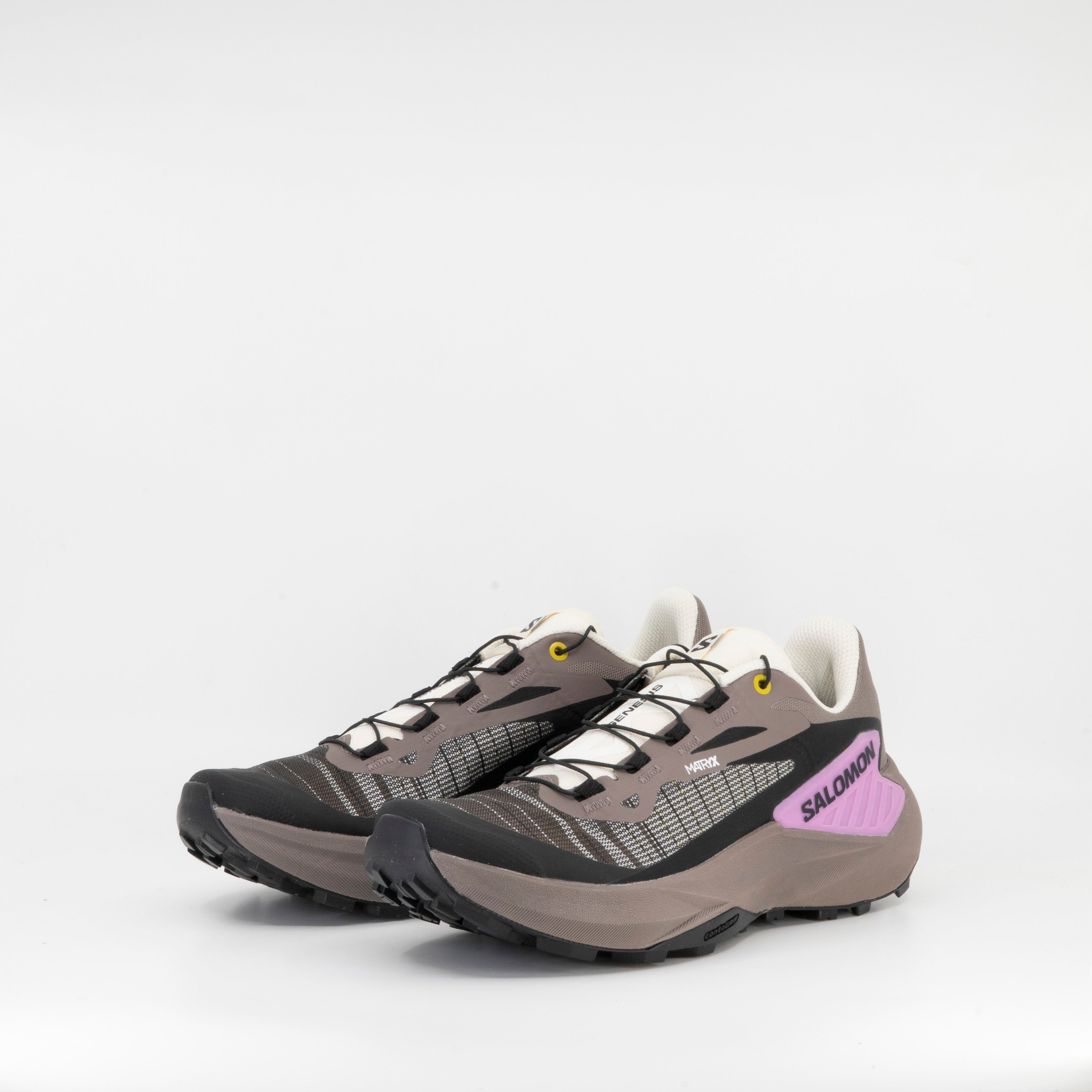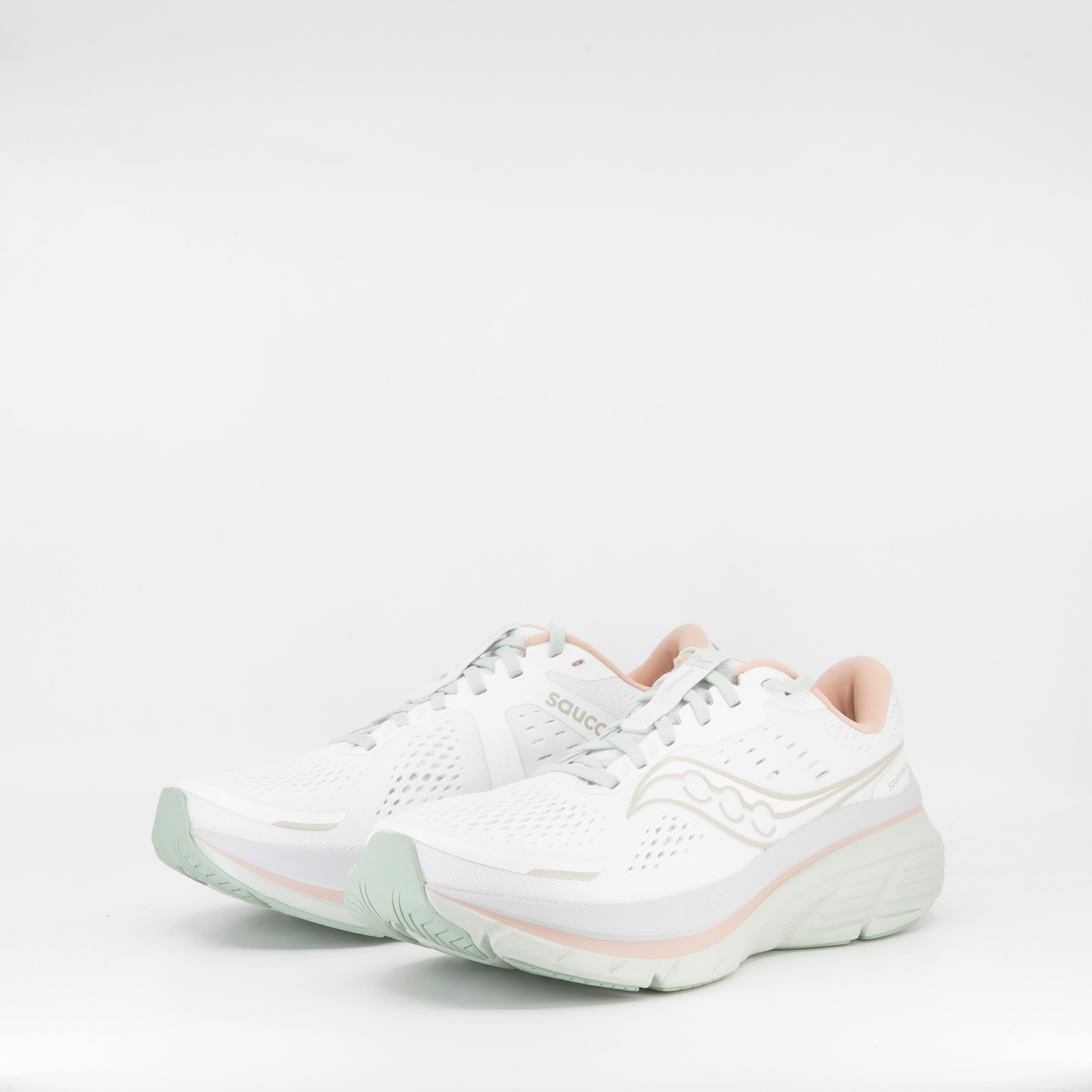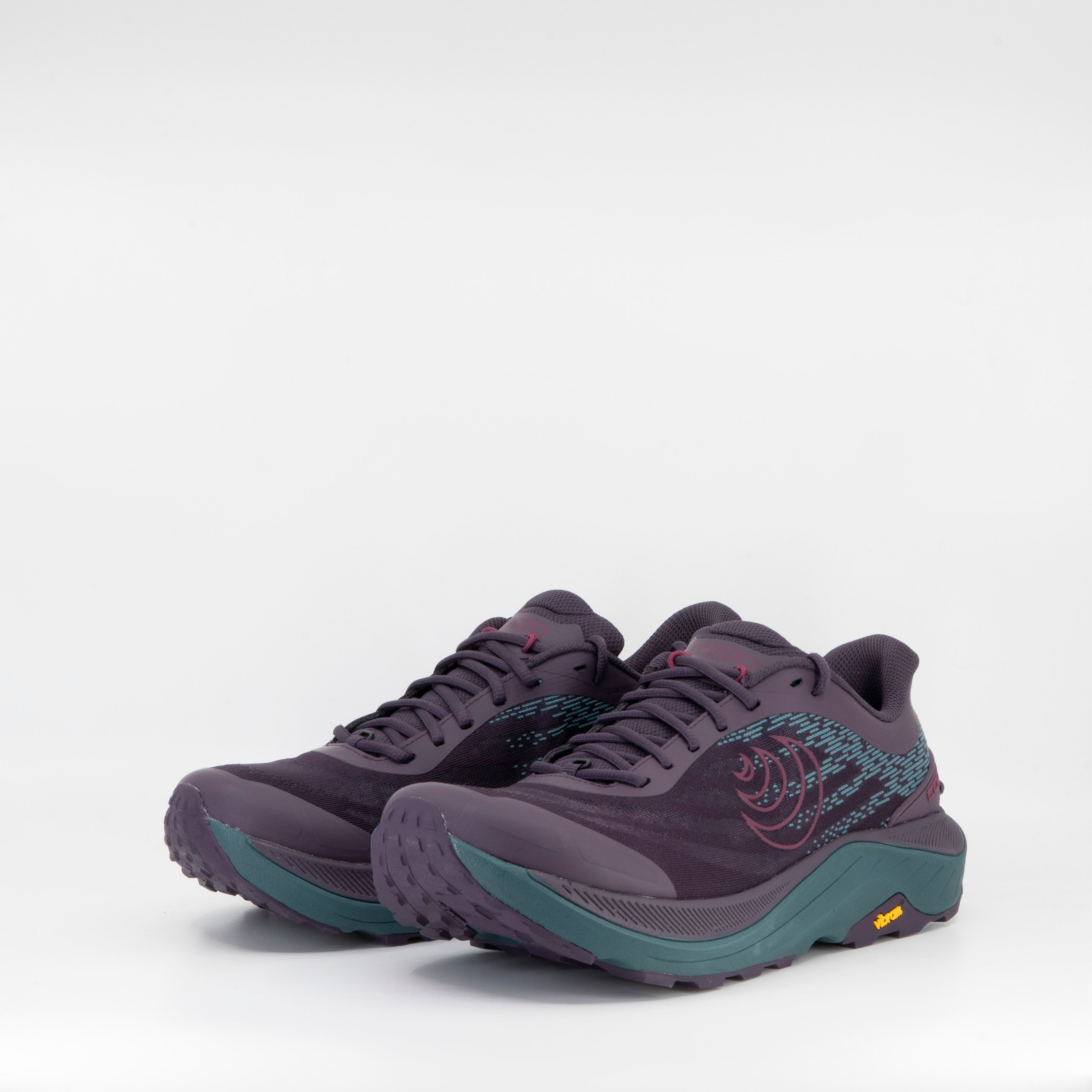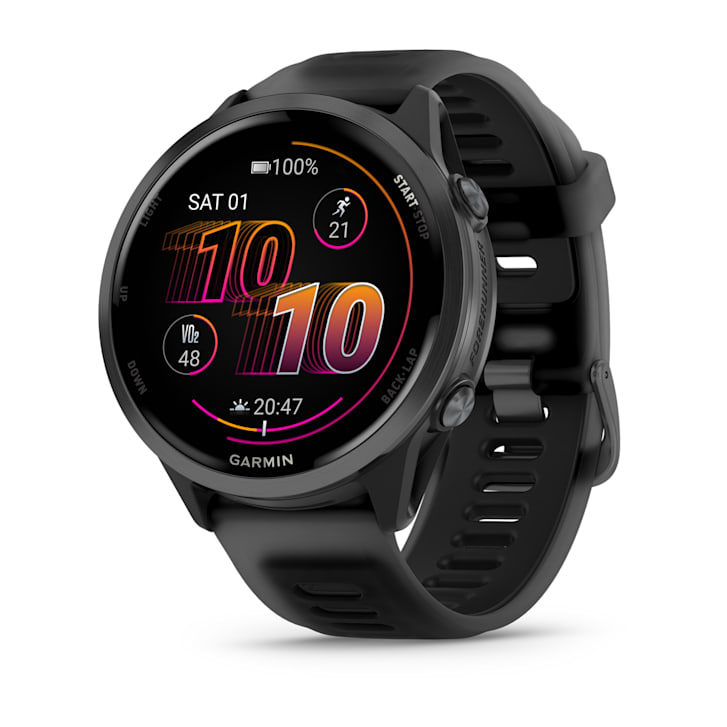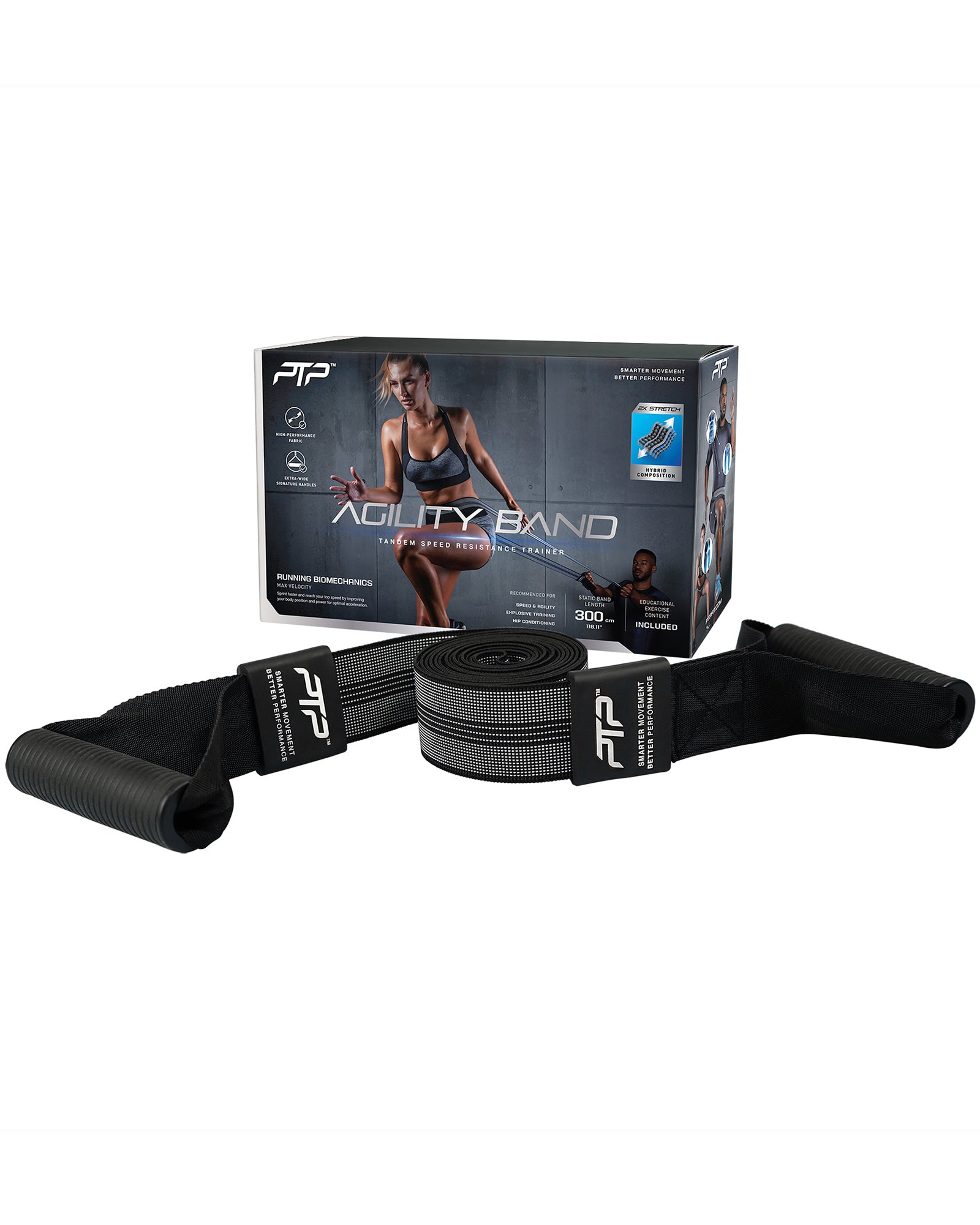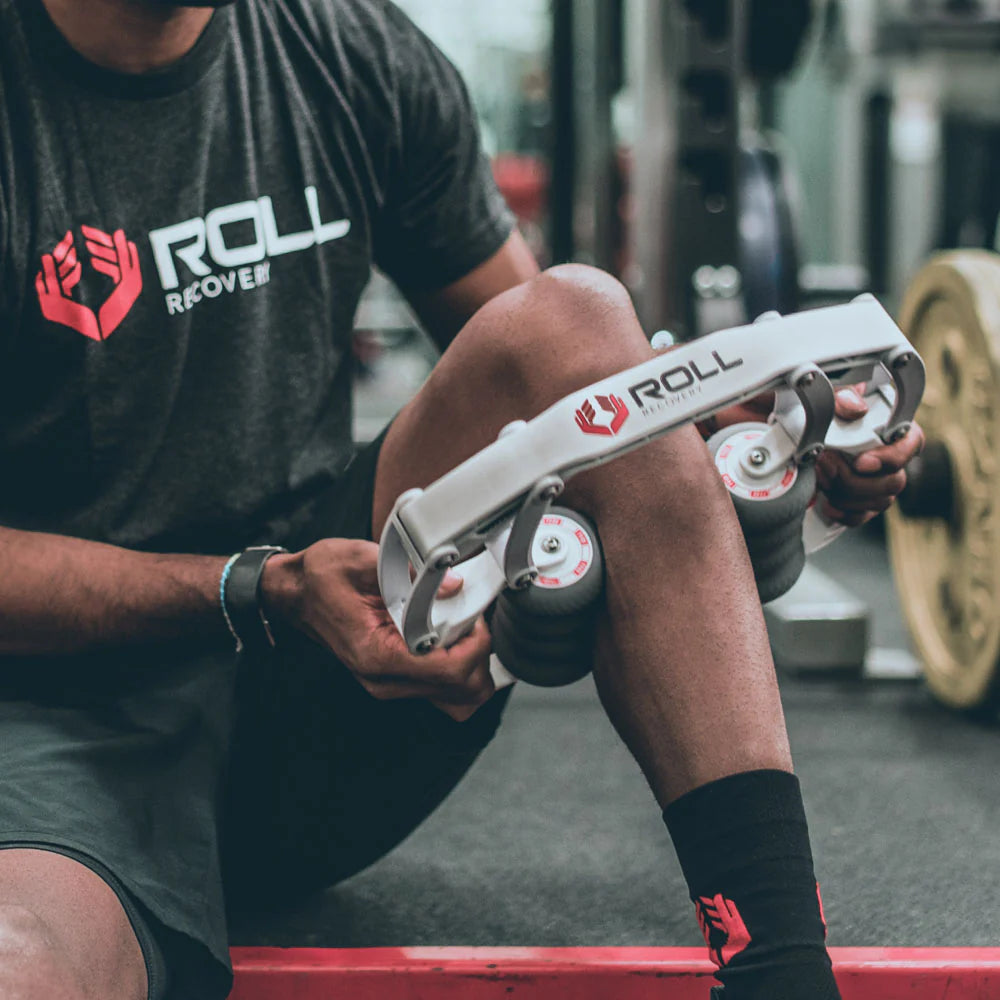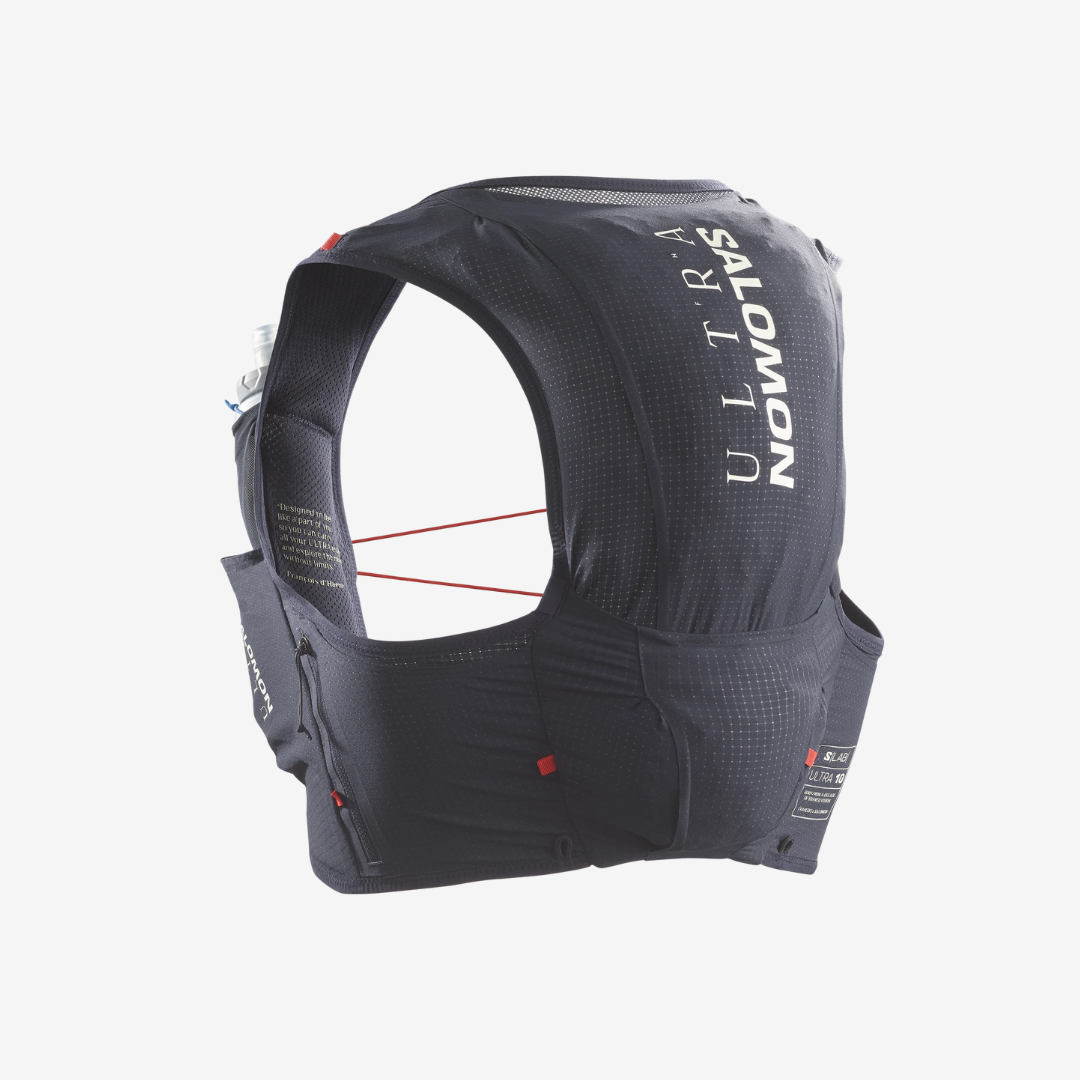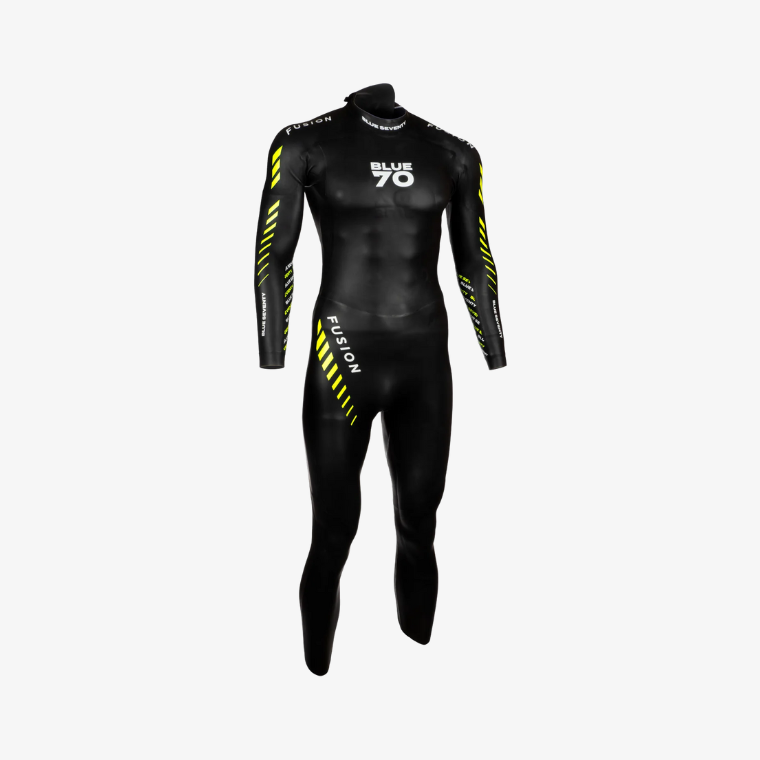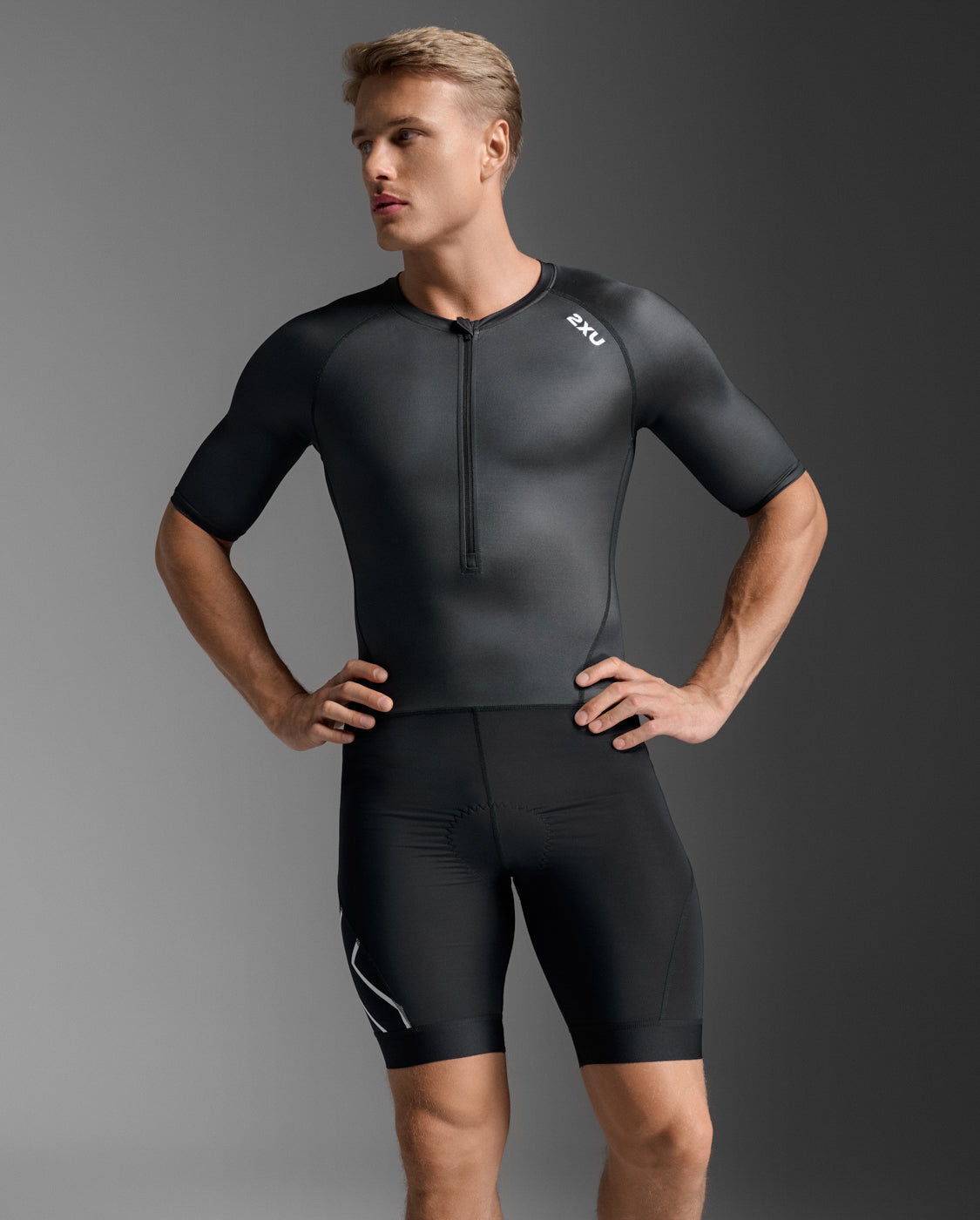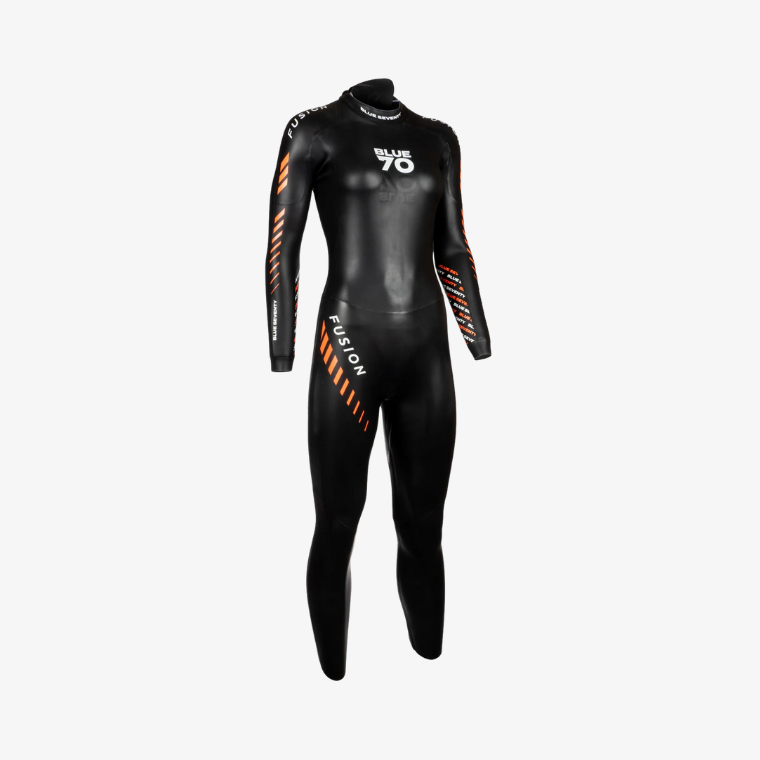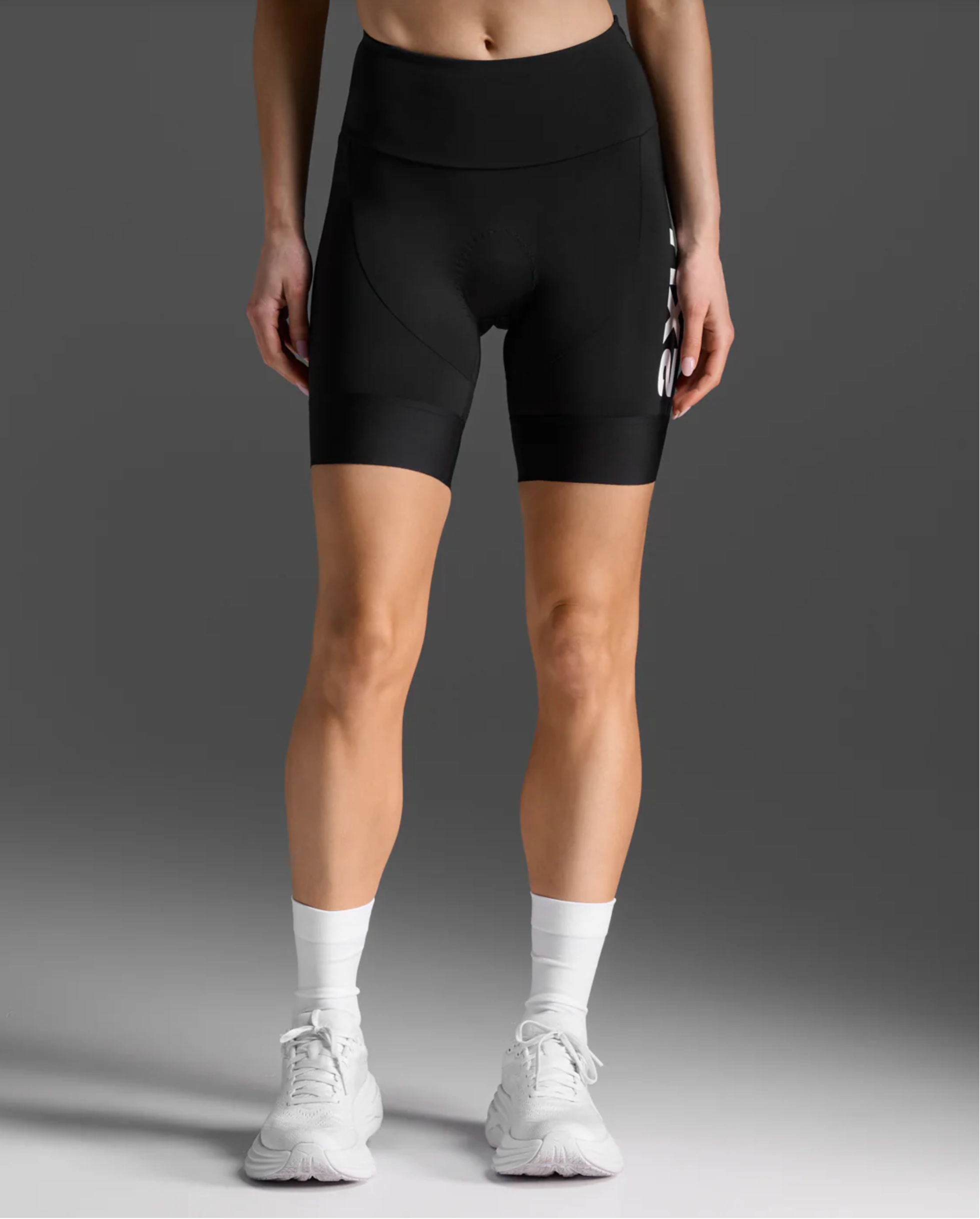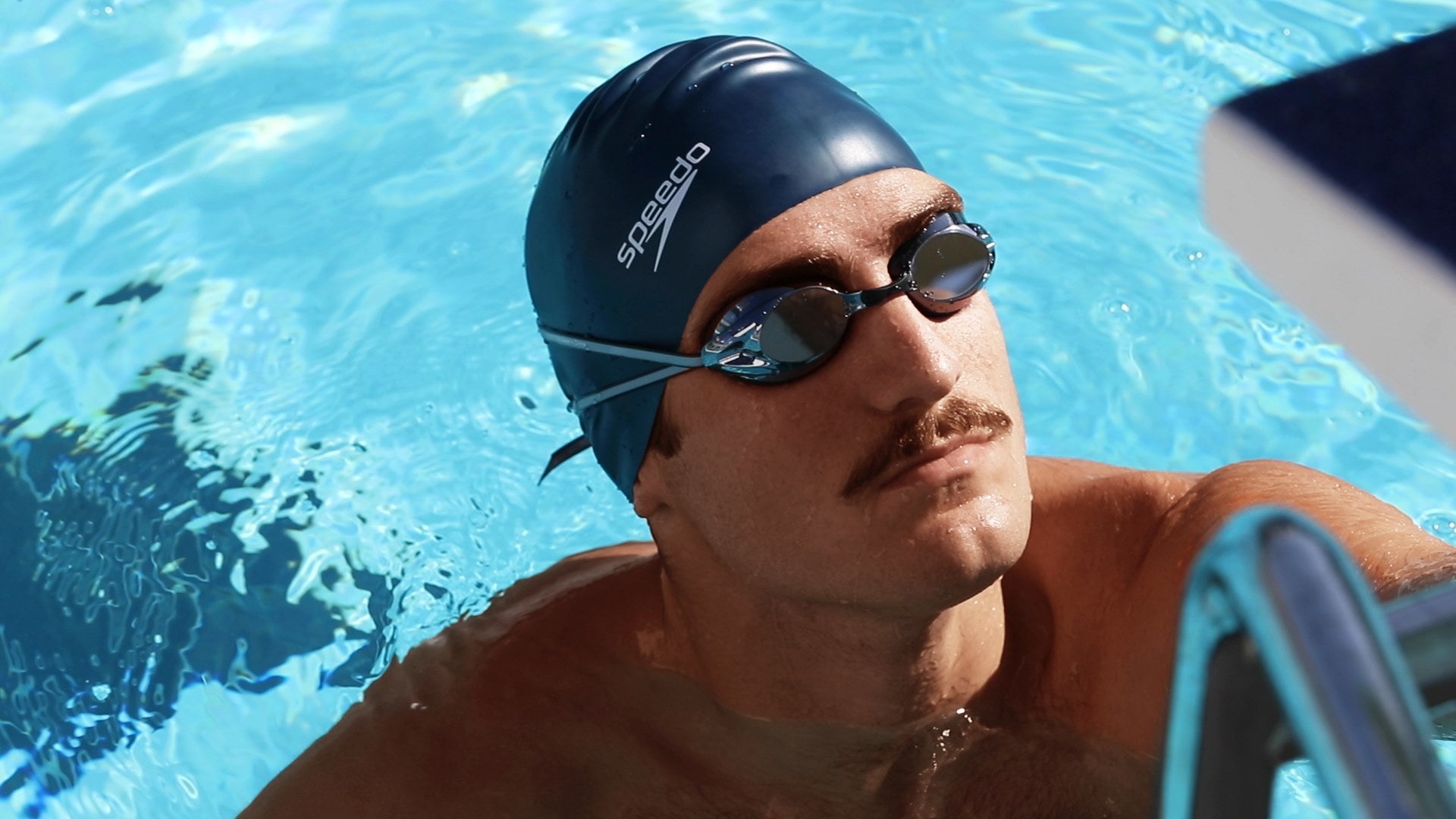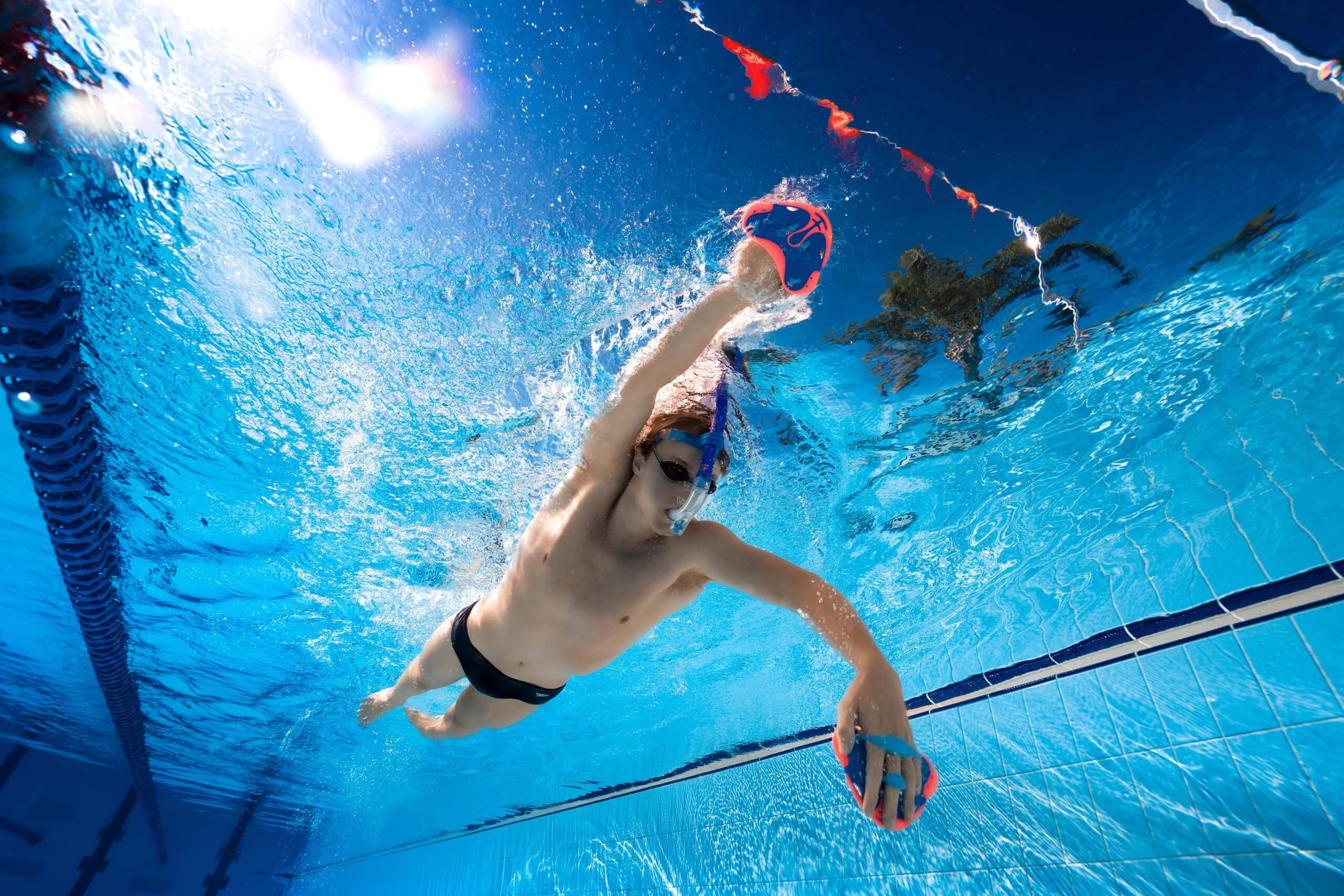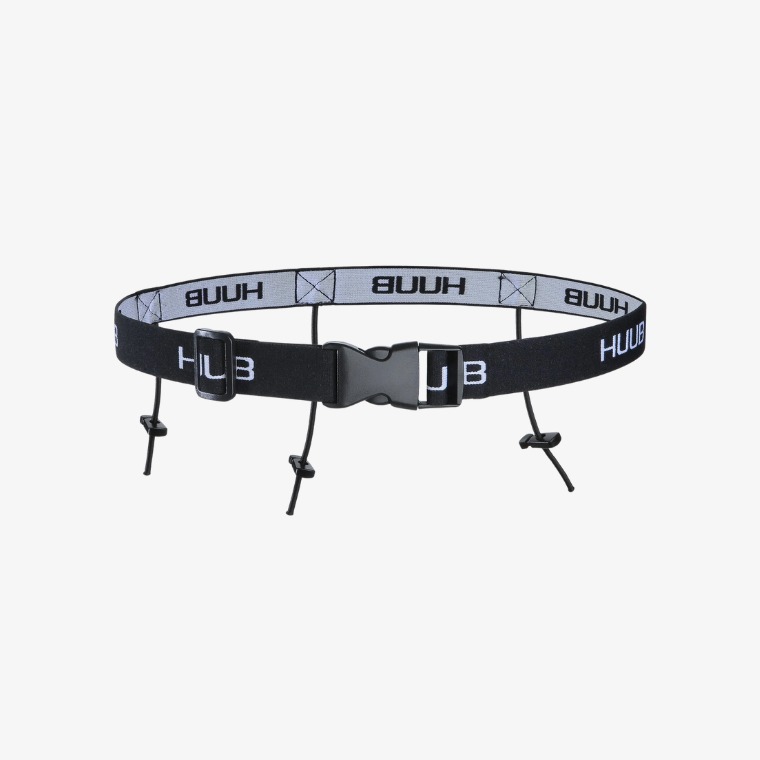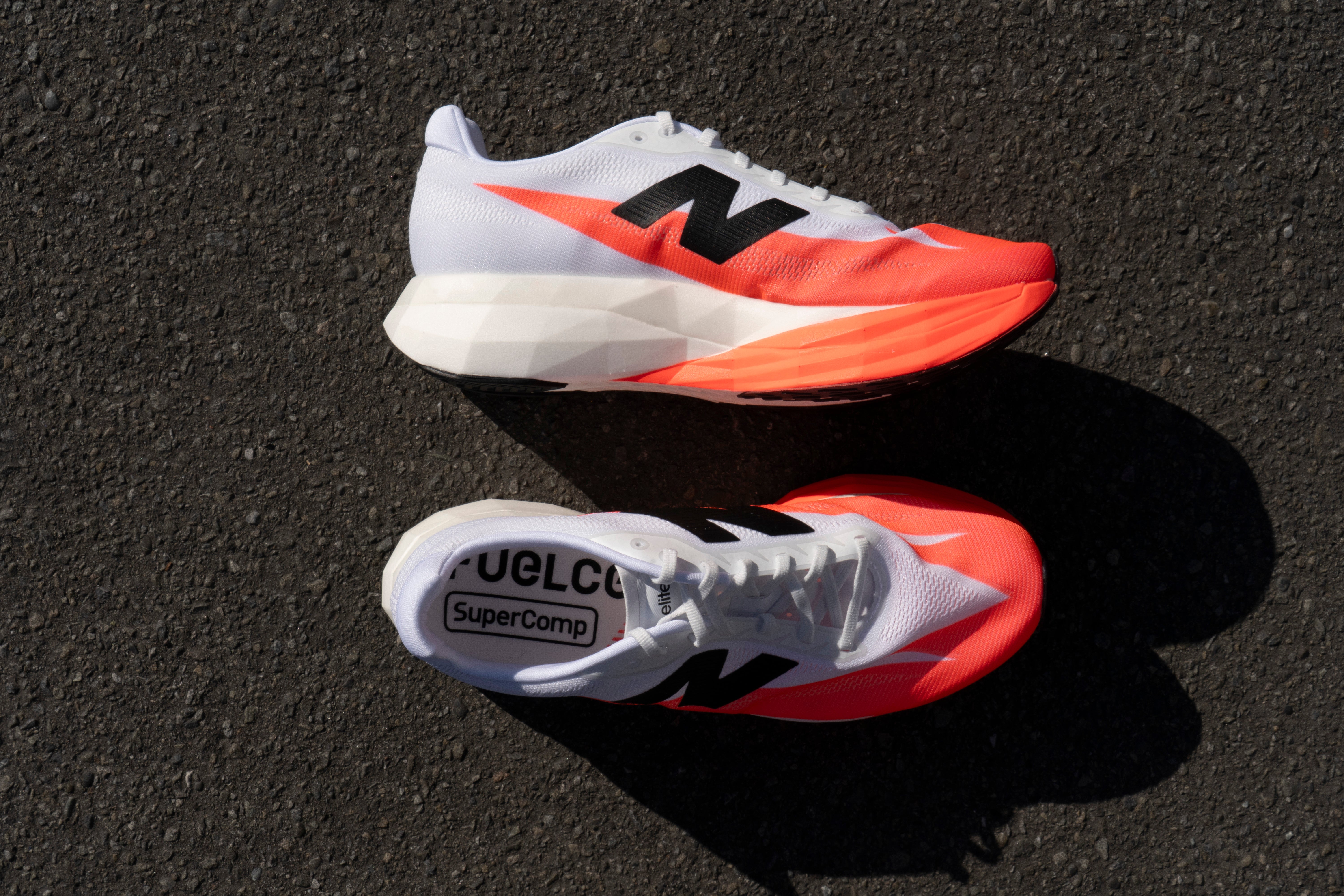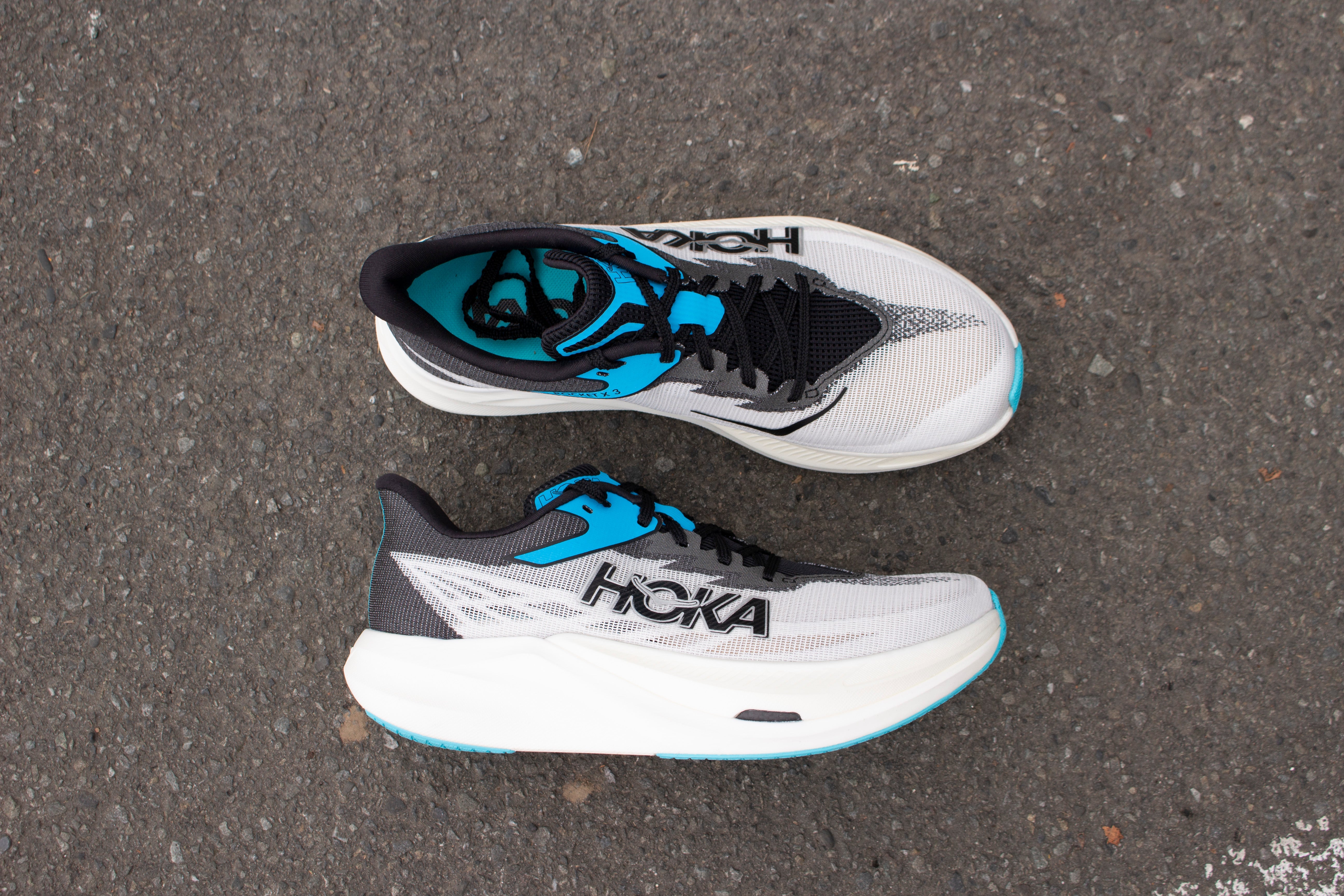The Power of Running: Is lighter really better? (Part One)
Running, a sport of endurance, speed, and mental toughness, has always been an attractive choice for those seeking to maintain or improve their physical fitness. It has also been an attractive choice for those seeking to lose weight. Indeed, I would argue that many amateur runners, if you held their toes to the fire, would confess that they took running up, at least initially and in part, to lose some weight.
Potentially, as part of your journey into the realms of running, whether you're now a seasoned marathoner or a novice relatively early in your habit of regularly lacing up your running shoes, you've heard about something called power-to-weight ratio. You’ve maybe even heard that it is important for optimising your performance. This ratio, which determines how effectively your body can convert strength into speed, is a key factor in achieving your best running times - there is no arguing this fact.
However, there's a common fixation among runners on the weight aspect of this power-to-weight ratio (consciously or unconsciously), seeing them, when starting out, focus too heavily on reducing their body weight rather than increasing their power, often with unintended negative consequences.
It will be the contention of this article that amateur runners should consider shifting their focus more toward increasing their power, for both improved performance and better health.
Understanding the Power-to-Weight Ratio
Before diving into why runners often focus on reducing their weight, it's crucial to grasp the fundamental concept of the power-to-weight ratio and its significance in running performance. Simply put, the power-to-weight ratio is the relationship between the amount of power your body can generate and your body weight. In the context of running, this ratio is a key determinant of your speed and endurance.
Power (W) = Force (N) x Velocity (m/s)
In this equation, and for ease of understanding, we’ll equate "force" to the amount of strength your muscles can produce, and "velocity" to the speed at which you move.
Force (N) = mass (kg) x Acceleration (m/s2)
When you're lighter (less mass), you require less strength (force) to move (accelerate) your body, which can translate to increased speed.
Example: If a stripped down, race weight Oska at 60kg is racing against a 70kg off-season Oska who has been eating a lot of Chunky Monkey ice cream, and both are running at the same speed, then it is the lighter race weight Oska needing to produce less force for that same speed.
Lower force production means a lower energy cost. From a race performance standpoint, you don’t get medals (directly at least) for running with the lowest energy cost, you get them for running the fastest (having the highest velocity).
With a bit of mathematical wizardry (which I don’t have, but the internet does), we can rearrange the above equations for velocity:
Velocity (m/s) = Power (W) / (Mass (m) x Acceleration (m/s2))
Ergo, to be a better runner, get as light as possible, right?
Well, only if you willfully ignore the other parts of the above equation - power and acceleration (acceleration requiring the force [strength] to move your mass, no matter how much mass we are talking about).
The Weight Reduction Obsession
One of the most pervasive myths in the running world is the idea that shedding weight will automatically lead to improved performance. This obsession with weight reduction stems from several perceived benefits:
The logic here is simple: less mass (weight) should result in faster running times. Many runners assume that if they shed a few kilograms, they'll be faster on the track or road. This notion holds some truth - we can’t pretend that the mass part of the above equations doesn’t exist - but it's not even close to being the whole story.
Carrying less weight can also mean less strain on your muscles and joints, potentially reducing the risk of injuries and allowing you to maintain your pace over longer distances. This is also true - to a point. Speak to Oska about his experiences of being too light and you’ll soon learn that the strain on your joints can suffer just as much when underweight (most likely due to the high volume of training, the lack of regeneration time, and the under-nutrition which is driving that lower body weight).
Aesthetics. Looking the part. Having a lean athletic physique is often considered more desirable, and, truth be told, this is often the bigger driver for most people (though few will admit that). Many runners believe that shedding excess weight can help them achieve the body shape they desire. And this is totally okay, especially if it is a bonus effect of focusing on other critical areas of health and performance rather than being the primary focus which is driving many of the unhealthy and maladaptive behaviours seen in runners (though not exclusive to runners, obviously).
I will address this a bit more in a future post on the difficult topic of disordered eating in the running community.
Runners often compare themselves to elite athletes, who themselves often tend to have low body fat percentages. This comparison can create unrealistic standards and lead amateur runners to focus on weight reduction.
While these perceived benefits of weight loss are enticing, they often overlook the critical aspect of overall power.
Losing Weight at All Costs
The obsession with reducing body weight often leads runners down a treacherous, yet sadly, well trodden path.
Underfuelling and low energy availability become common pitfalls, as many runners start consuming insufficient energy to support their training and activity. The consequences of this approach can often be quite devastating for the health and wellbeing of the individual as well as their performance. The vast majority of the nutrition clients I work with come to me with complaints which can be traced back to their regular low energy availability (including, ironically, their inability to lose weight).
Reducing energy intake (protein and calories) below your body's needs can lead to a host of nutritional deficiencies. Runners may not get enough essential nutrients like amino acids, vitamins, minerals, and fatty acids, which are crucial for tissue repair, energy production, and overall health.
Severe nutritional deficiencies generally occur slowly and insidiously over time. A more immediate consequence of a lack of fuelling is the killing of your power, no matter what your mass is.
We’ve all been there. For whatever reason, we haven’t eaten enough on a particular day leading to a total lack of pep in our step (no power). Think of your body like an electric vehicle (EV). You can strip as much weight out of your EV as you like to make it lighter and perform better, but if you didn’t charge it up, it ain’t going anywhere fast.
Muscle is a power generator, and weight loss (achieved through the means that many commonly deploy - undereating and overtraining) can lead to a loss of muscle mass and power. For those who drastically cut their carbohydrate intake in particular, the glucose that was otherwise derived from their diet is now produced via a process called gluconeogenesis - literally the production of new glucose.
Much of this new glucose is derived from the breakdown of muscle mass, reducing it and leaving people progressively weaker over time.
Despite the initial performance boost from any short-term weight reduction, runners, over the medium to longer term, may find themselves losing the very power they need to improve their performance as their muscle mass and function deteriorates.
Excessive training without adequate fuel can lead to Relative Energy Deficiency in Sport (RED-S; overtraining syndrome), a condition characterised by fatigue, decreased performance, frequent illness, and a build up of injuries. This physical deterioration can quickly escalate to mental and emotional burnout, causing runners to lose their passion for the sport.
Is Lighter Always Better?
Research suggests that body weight can affect running performance, but it's not a simple matter of "lighter is always better."
- Yes, being lighter can be advantageous for certain types of athletes, particularly endurance runners.
- Yes, body weight affects performance in running more than it does in other sports (such as swimming).
- Yes, leaner athletes can dissipate heat better and burn carbs more efficiently, which can improve performance for some runners over some distances/durations, in some environments.
However:
- Being too light can also be detrimental to performance, as it can cause the body to start conserving energy (often as body fat), working against the runner.
- There is no one-size-fits-all ideal body type or weight for running, and all runners, even at the elite level, represent different body types.
- Body weight is just one of several factors determining how fast a runner is, along with genetics, form, and training.
- A study with marathon runners showed that race speed was correlated with body fat levels, but was not correlated with total weight [Reference PMID:33669770]. However, it is important to note that correlation is not causation. It is unlikely that the low body fat is causing the higher running speed, but rather the type of training and nutrition which helps increase running speed tends to decrease body fat as a byproduct.
This final point is perhaps the most salient point: your weight is a side-effect of doing a number of other things right, such as training hard and eating well. In other words, if you follow a good process regarding your training and nutrition, including prioritising increasing your strength and power, then you will likely settle into a good body composition and weight.
The Power of Running: Is lighter really better? (Part Two)
In part one, I outlined my argument as to why a disproportionate focus on weight ultimately ends up working against most runners at some point in their progression. In this part, I’ll focus more on why runners, especially those just starting out and relatively early in their development, should focus on building more power.
By way of summary, here are a few key reasons why I believe prioritising weight reduction over power production can backfire:
While reducing weight may make running feel easier, it doesn't necessarily translate into increased power. In fact, as previously mentioned in part one, extreme weight loss can lead to muscle loss, reducing your body's ability to generate power.
Being too light can lead to reduced bone density and muscular support, making your body more susceptible to injuries. Stress fractures and joint problems become more common when your body isn't adequately prepared to handle the impact of running.
The low energy availability which often accompanies attempts at weight reduction can have negative effects on your overall health, including hormonal imbalances, a weakened immune system, and disrupted menstrual cycles in female runners. A focus on weight alone often ignores the bigger picture of physical wellbeing.
Nutrition and Training: A Power-First Approach
Shifting the focus from weight reduction to power enhancement is the key to unleashing your running potential, especially as you are starting out. While body weight is important, it's not the sole determinant of success. Achieving the optimal power-to-weight ratio requires a holistic approach that considers both nutrition and training strategies, which includes strength, stability, muscle, and the development of a full range of metabolic energy systems.
Strength (force) is a crucial component of running performance. Not only is force production required for the likes of acceleration and running uphill, but more importantly, good durability in running requires force absorption.
Force absorption is, in simple terms, the ability to ‘soak up’ the impacts of hitting the ground, repeatedly, with several times (2.5-3x) your body weight per stride.
Incorporating strength training into your routine can help you develop the muscular power needed for faster and more efficient running. Strength training can also promote muscle endurance, which is essential for maintaining your form during long-distance races.
Include strength training exercises 2-3 times per week. Focus on compound movements such as squats, deadlifts, and lunges to target multiple muscle groups simultaneously.
Adding plyometric exercises, such as jumping drills and sprinting, can also help improve your running power. These activities not only strengthen the muscles but also enhance your explosive energy, which is essential for anyone looking to finish a race with a strong kick.
Add plyometric exercises like box jumps, bounding, and ladder drills to your training routine to enhance your explosive power.
A word of caution, here, however. Adding plyometric work can seem like the easier option than adding in a strength routine. But plyometrics should come after at least some fundamental strength has been built. Not only is a certain level of force production required to jump/hop well, but you also need to be able to absorb the force of the landing.
I recommend getting some expert advice for both strength training and plyometrics, starting very conservatively on the latter especially.
Endurance training isn't just about racking up mindless miles at once pace; it's also about developing power and resilience. By consistently training at a variety of intensities and efforts, you build endurance (durability and repeatability), enabling you to sustain your running power over longer distances.
Integrate longer runs, interval training, and especially short hill repeats to develop your endurance and stamina. These workouts are essential for increasing power during races.
Balanced nutrition is the foundation of any successful running regimen. To fuel your body for power, consider the following:
- Adequate Caloric Intake
Ensure you consume enough calories (carbohydrates and fats combined) at baseline to support your daily activities. There is no point considering your specific training needs if you are simply not eating enough on a day to day basis for your general activity levels and function. This is something I see often. Individuals will swear black is white that they are eating enough for both their daily needs and their training, when in reality they are already in a low energy state just on a day to day basis.
A qualified and registered nutritionist or dietitian can help you determine your specific needs. It is important not to just follow what everyone else is doing as there is a high chance they are underfuelling themselves.
- Protein for Muscle Repair
Protein is essential for muscle repair and growth. Include lean sources of protein in your diet, such as meat, chicken, fish, beans, and tofu. Again, work with a qualified nutrition professional to ensure you are getting good advice.
- Carbohydrates for Energy
Carbohydrates are your primary source of energy during running, particularly at higher intensities and faster velocities. Alongside insufficient protein, consuming insufficient carbohydrate is a common nutrition error I see in runners (and other endurance athletes).
- Hydration
Staying well-hydrated supports muscle function and recovery. Dehydration can lead to a decrease in power and overall performance.
- Timing Matters
Consuming a balanced meal with a combination of protein and carbohydrates 2-3 hours before a run can help ensure you have the energy and nutrients necessary for a successful workout. What is a balanced meal? That is an individual thing based on a variety of factors. You could spend a lot of time, a lot of money, and make a lot of trial and error mistakes figuring it out yourself, or you could get some qualified advice from a coach who knows what they are doing.
Case Studies
To illustrate the transformation from weight-centric thinking to a power-first approach, consider the following case studies - clients who are runners and who achieved success by shifting their focus. I have changed the names to keep identities anonymous.
Case Study 1: From Constant Dieting to Powerhouse Performance
“Emily”, an amateur runner, spent years chasing a lower number on the scale. She restricted her food intake to lose weight, but her running times remained stagnant. Frustrated and fatigued, we introduced her to strength training and changed her focus on food and nutrition, away from restriction and toward fuelling and abundance.
We applied the paradigm: eat more, train harder, get stronger, build muscle, burn fat - in that order. Within a year of this change, Emily not only increased her power and running speed, but she also shed body fat despite eating more than she had in a long time.
Case Study 2: Trading the Scale for Speed
“John”, a dedicated marathoner, was fixated on losing weight to improve his race times. However, after months of experiencing multiple injuries, he realised that his approach was unsustainable.
With some guidance, John shifted his focus to developing his overall power, including strength and power-based conditioning workouts. Like Emily, he was able to better maintain a healthier body weight. His improved strength allowed him to endure longer runs and recover faster, ultimately leading to faster marathon times.
The Balancing Act of Health and Performance
In the quest to optimise your running performance, especially if you are not a professional athlete and it is not your job to run, it is essential to maintain a balanced perspective on your health and wellbeing. The pursuit of an ideal power-to-weight ratio should prioritise long-term health and sustainability, which implies more attention and focus be paid to developing the power side of the equation.
I want to be clear, if I haven’t already, that this isn’t a case of one over the other. There will certainly be those individuals whose health and performance will benefit from decreasing their body fat levels. It is my contention that, regardless, starting out with a focus on improving power will help most people achieve both a better power to weight ratio and better health and performance.
The power-to-weight ratio is a multifaceted concept that goes beyond simply shedding weight. While body weight does play a role in your running performance, it's just one piece of the puzzle. The key to unlocking your running potential lies in a balanced approach that emphasises power development, proper nutrition, and a commitment to your overall health. By shifting your focus from weight reduction to power enhancement, you can achieve your best running times while also improving your physical wellbeing.



